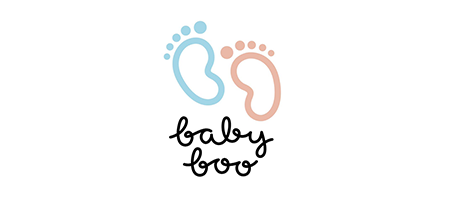If you haven’t found out your baby’s sex at the doctor’s office yet and aren’t planning to, trying to predict gender can be a fun game to play during pregnancy. What’s more, there are actually some scientifically-proven indicators that a baby will be a boy or a girl, though the only way to know for sure before delivery day is with prenatal testing. Now, a new study published in the American Journal of Hypertension shows that Mom’s pre-pregnancy blood pressure may could potentially be one of those signals.
What the research found
Researchers recruited 1,411 women living in China who were not yet expecting but planning to conceive, and measured their blood pressure along with cholesterol, triglyceride and glucose levels. They then followed them all the way from conception to delivery, noting their babies’ sexes. After accounting for other factors, including the women’s age, education, smoking habits, BMI and waist measurements, the authors found that pre-pregnancy mean systolic blood pressure was higher among women who had a boy than those who had a girl (106.0 vs. 103.3 mm Hg).
“This novel insight may hold implications for both reproductive planning and our understanding of the fundamental mechanisms underlying the sex ratio in humans,” said lead author Ravi Retnakaran, MD, an endocrinologist at Mount Sinai Hospital in Toronto, in a statement.
What moms should know about predicting baby’s sex
The theory is that some health conditions could increase the odds of early fetal loss of one sex more than the other. In this case, having a higher chronic blood pressure might potentially up a mom’s odds of delivering a boy due to higher rates of early pregnancy loss among baby girls.
RELATED: Can the “Ramzi Method” Reveal Baby’s Sex in the First Trimester?
That said, even the difference found here is very small — and it’s far from confirmed. So just because you have higher blood pressure doesn’t mean you’re necessarily more likely to have a boy and just because you have lower blood pressure doesn’t necessarily up your chances of delivering a girl.
The only way to perfectly predict your baby’s sex is through a chromosomal test like amniocentesis, CVS or noninvasive prenatal testing. The 20-week ultrasound is also an extremely accurate method, though it’s not always 100 percent.
What this means if you’re pregnant or TTC
If you have high blood pressure and are planning to start or grow your family, it’s important to take steps to lower your levels before you try to conceive. Why? High blood pressure during pregnancy puts you at an increased risk of serious complications including preterm delivery and preeclampsia (pregnancy-induced hypertension related to kidney function) and your baby at a heightened risk of having a low birth weight.
Also remember that because of pregnancy’s demands on the body, expectant women tend to have slightly higher levels across the board later in pregnancy. So even if you have one or two abnormally elevated blood pressure readings during pregnancy, you may not have what’s considered gestational hypertension or preeclampsia. That said, it’s important to see your doctor for your regular prenatal visits to keep track of your blood pressure over time. If necessary, you can take extra steps to keep yours in check — all of which are smart tips for any expecting woman to follow and include:
Eating a clean pregnancy diet rich in whole grains, lean meat, fruits and veggies
Trying pregnancy-safe exercise with your doctor’s OK
Keeping a check on stress
Avoiding tobacco, alcohol and too much caffeine
Remember that though these findings are fascinating and exciting if they can be reinforced through subsequent research, predicting baby’s sex is still a very delicate science and your blood pressure readings before conception are by no means a fool-proof measure of whether you’ll have a boy or a girl. So stick to the tried-and-true ways of finding out your baby’s gender, at least until this and other newer methods are proven to be accurate beyond a shadow of a doubt.











